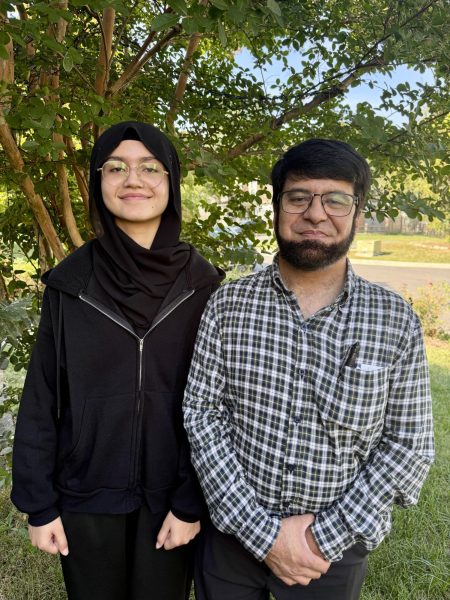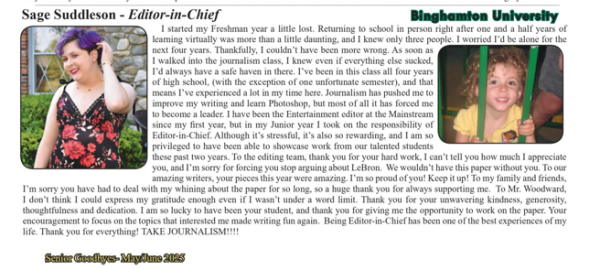Students and Work
How the Gainfully Employed Handle the Workload
In recent years, a distinct emphasis in the news and in society as a whole has been placed on the issue of employment. The 2008 recession was one of the most “dramatic employment contractions of any recession since the Great Depression,” according to the Economic Policy Institute, after the U.S. labor market lost 8.4 million jobs in 2008. It led to record-high unemployment rates of approximately 9.3%, reported by U.S. Census in 2008-2012 American Community Survey 5-Year Estimates.
Caught in the mix of those looking for work are high-school students. It has become quite common for high-school juniors and seniors to seek employment. The appeal of independence and, most notably, freedom to spend their own money, are primary reasons that students go to work.
Working while in high school allows students to get a taste of life after school by earning their own money, actively interacting with a variety of people, and learning the importance of responsibility.
Anissa Gurupira, who has worked at McDonald’s and now works at Panera, states that her primary motivation was for the money. “I have expensive tastes,” she says jokingly. “I spend most of my money on food.”
Students want to hang with friends, go to the movies, go out to dinner, or take part in activities like bowling, and getting a job is a desirable way to ensure they can have fun.
Elkana Habtom, who works at Wendy’s, originally sought work in order “to make money to pay for college.” She also notes that she “wanted to be independent and not have to rely on [her] parents.” One of the greatest benefits she gets from working is “the opportunity to spend [my money] the way I want.” Habtom does note that “it’s hard to focus on school,” adding “it’s hard to manage my time between homework and work.”
High school, especially for upperclassmen, is admittedly stressful, and many feel pressured to end their twelve-year journey in education with a bam, instead of a bust, so that they can graduate and move on to a plethora of post-secondary options that range from college to work to military service.
On top of having an excellent academic year, some students also have a desire to be as involved as possible in order to be a “well-rounded student.” All of this can make it difficult to set priorities and a balanced schedule.
Gurupira notes, “Sometimes, if you play a sport, it’s hard to balance school and work.” During cross-country season, Gurupira “had to take off work to go to [my] meets.”
The need to choose between two important activities is tough, and Gurupira notes, “I never want to work less since it gives [me] more independence and more freedom…no one can tell [me] what to do with [my] money.”













































